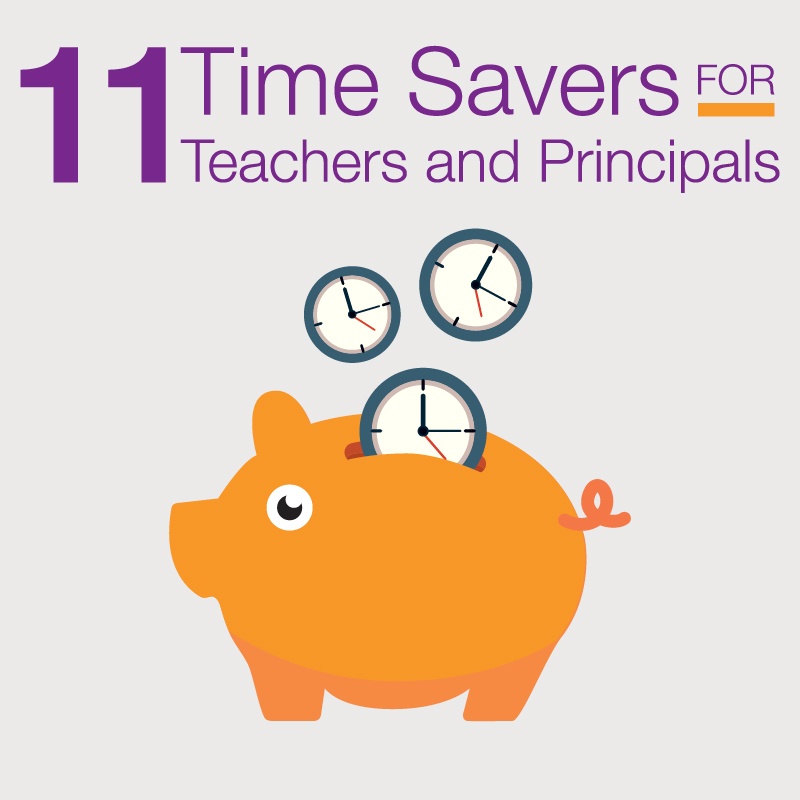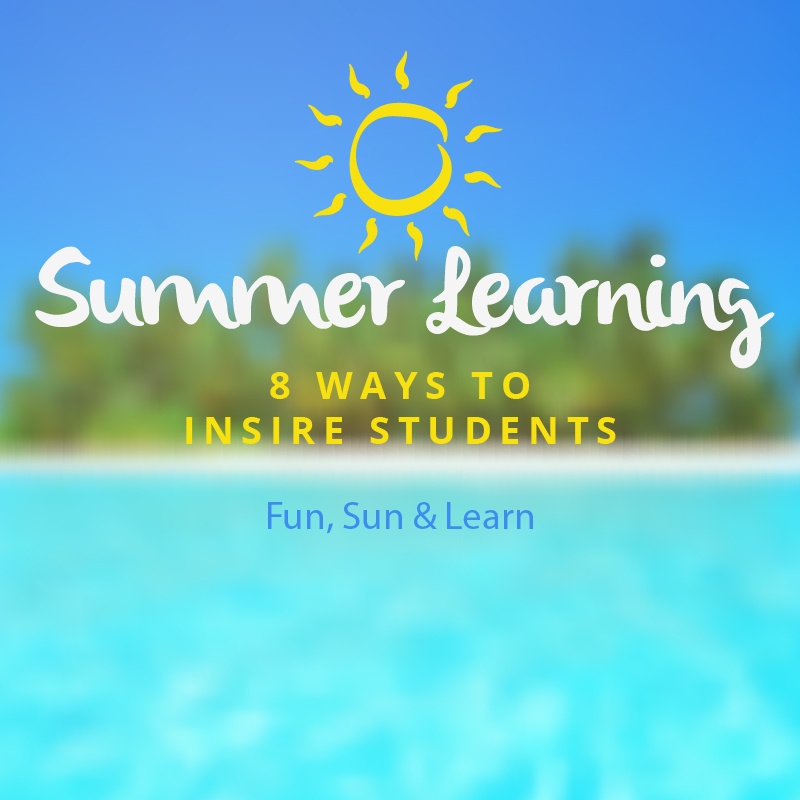Kelly Bielefeld
Kelly Bielefeld, Assistant Superintendent, Clearwater School District & Adjunct Professor at Friends University, Kansas
Kelly Bielefeld is currently the Assistant Superintendent of Curriculum and Instruction in Clearwater, Kansas and an adjunct professor at Friends University in Wichita, Kansas. Prior to this, he spent 13 years as an elementary and middle school principal. He holds a Bachelor’s degree in Secondary Education from Kansas State University, as well as a Master’s degree in Educational Leadership & Administration from Wichita State University. As a principal, he has worked in rural, urban, and suburban schools, along with having experience in both parochial and public school settings.
A couple of years ago I came across a documentary-type video about a boy named Caine. The video, Caine’s Arcade, was simple enough, and the boy was engaging and adorable. The boy’s father had given him an opportunity that is sadly missing from many students’ lives.
The Opportunity Was Freedom
Caine’s dad allowed his son to learn freely, to create independently, and to foster his passion and curiosity. To summarize the video won’t do it justice, but here’s my attempt: Nine-year-old Caine uses his creativity and initiative to create an arcade in his dad’s shop over one summer. The arcade was made primarily out of cardboard. Caine created all types of arcade games, along with prizes to be purchased with tickets won from the games. His goal was to create an actual arcade to which people would come and spend money.
So what does this child, who lived in the city and made a building out of cardboard in his dad’s shop, teach us about motivation and learning? A great deal, actually!
Read More
Topics:
curriculum,
Games,
The Maker Movement
“Today, kids spend too much time on the scale and not enough time at the trough.” This analogy of students as farm animals isn’t a beautiful one, but it gets the point across. In the past decade, students have spent a great deal of class time taking assessments (being weighed), which reduces the time available for instruction and learning (eating at the trough). The reasons for this development vary, but the testing requirements of No Child Left Behind are a major reason behind it.
Many of us sometimes feel that our students are “over-assessed,” so it’s easy to have a negative attitude toward testing. But assessments are an essential part of teaching when they are used effectively. The descriptions below include information about what each assessment type is intended to accomplish, as well as some ideas for making it meaningful and effective in the classroom.
Read More
Topics:
classroom assessment,
MimioVote,
MimioMobile
Much like many of the decisions that principals face every day, the world of “resources” isn’t as cut and dried as it used to be. A website offers a blog, a book has a hashtag, and some providers offer a little bit of everything: blogs, books, articles, conferences, twitter chats...you get the picture.
To cut to the chase, we offer the following list of 25 great resources for school administrators at all levels, in no particular order:
Read More
Topics:
Education Technology,
education industry,
Educational influencers,
Administrator Resources
You may remember this controversial line from the 2008 Presidential campaign: “You can put lipstick on a pig, but it is still a pig.” While the phrase ruffled some feathers during the campaign, it’s an idea that’s useful in classrooms today: Even if it’s displayed on a projector, a worksheet is still a worksheet.
Read More
Topics:
Education Technology,
curriculum,
SAMR
The start of a school year is a great time to consider endless possibilities. So consider this: What if we educators approached our personal well-being the same way that we approach student improvement and intervention? What if we had the same passion about our personal health that we have about students’ learning?
How to Begin
Read More
Topics:
Professional Development for Teachers,
tips fpr teachers,
education industry
Consider the typical tools of motivation: honor roll, certificates of achievement, and recognition at school assemblies. These are the traditional tools used by teachers and schools to recognize and motivate students to achieve more, and students tend to love these awards. But for those who embrace the growth mindset (the core belief that abilities are malleable and not fixed), these awards don’t always make sense. Some students achieve good grades easily and make the honor roll all the time, while others feel challenged every step of the way and have to learn a great deal just to achieve a C. For the latter, these tools of recognition and motivation are out of reach.
The truth is that underachieving students aren’t motivated by things that seem unreachable. None of us really is. The honor roll may not even seem like an option to them. If I were to offer you one million dollars to make a hole in one, could you do it? If you didn’t make it, would it be an issue of motivation or a lack of skill and capacity? If I increase the motivation to 10 million dollars, would that change the result?
Read More
Topics:
collaborative learning,
curriculum,
tips fpr teachers
If you’re searching for something to pack in your bag for some lunchtime or after-school inspiration, check out these must-reads! Whether you’re a teacher, administrator, or just a lover of good books, these texts will engage you and help you power through the school year:
Read More
Topics:
tips fpr teachers,
education industry,
Educational influencers
It’s still summer, and we hope you’re taking time to relax and recharge your batteries. But if there’s a little voice in your head reminding you that another school year lies ahead – and you’ve promised yourself that you’ll be more prepared this time around – we can help you get a handle on things with this helpful checklist. It covers the pertinent categories: students, parents, curriculum, technology, organization, classroom management, and self-care, plus miscellaneous. With the checklist in hand, you can silence that nagging little voice and get back to the important work of summer: relaxation, with a bit of time spent reading, learning, and growing as a professional!
Read More
Topics:
Lessons,
curriculum,
tips fpr teachers,
back to school
“The bad news is time flies. The good news is you're the pilot.” ‒ Michael Altshuler
Over the past 10 years in the world of education, life has not become simpler. We have increasing stacks of student data, growing lists of apps and tech ideas, a wall full of Pinterest pins, and parents and students with individual and widely varying needs. And as the end of the school year grows closer, we are even busier!
It can be overwhelming, but we’re here to offer some support. Take a look at these 11 time savers, which may help you simplify your day and free up time for other activities:
Read More
Topics:
Educational Apps,
tips fpr teachers
Let me begin by saying that summer should be summer – our students should have time to play and relax! Even though my wife and I are both educators, we believe that summer downtime is essential for all of our kids, regardless of their age. In our house, we “summer” hard. We stay up late, sleep in, often have no real plan for the day, and enjoy the freedom of summer.
That being said, once the summer rolls on for a little while, we usually find that our own kids start needing some engagement and some mental stimulation. We’ve found a number of ways to help maintain active brains over the long summer break. Here are eight ideas for your students and their parents.
Read More
Topics:
curriculum,
Project-Based Learning












